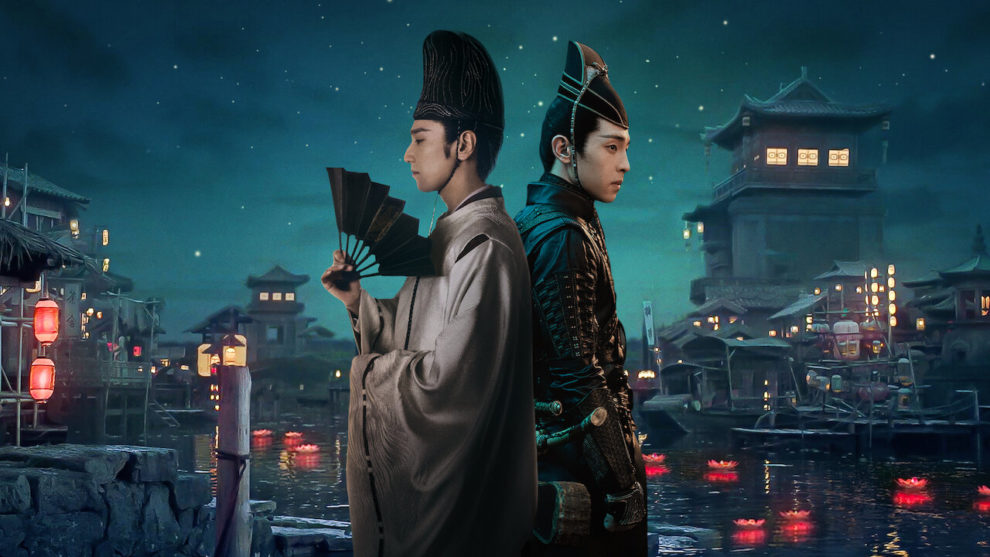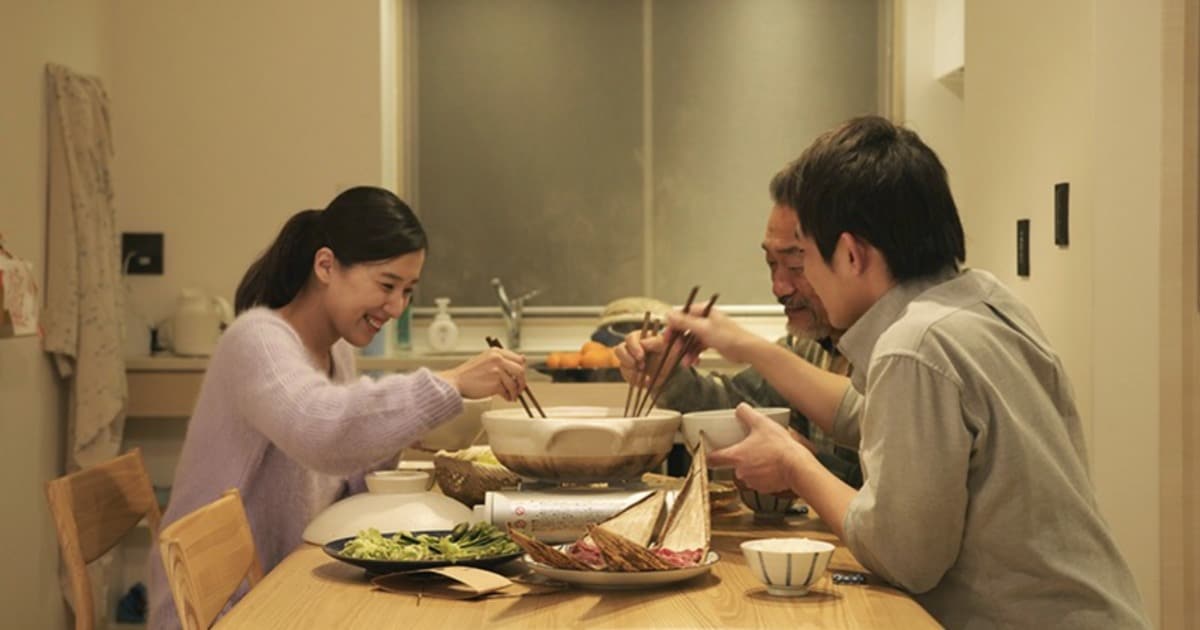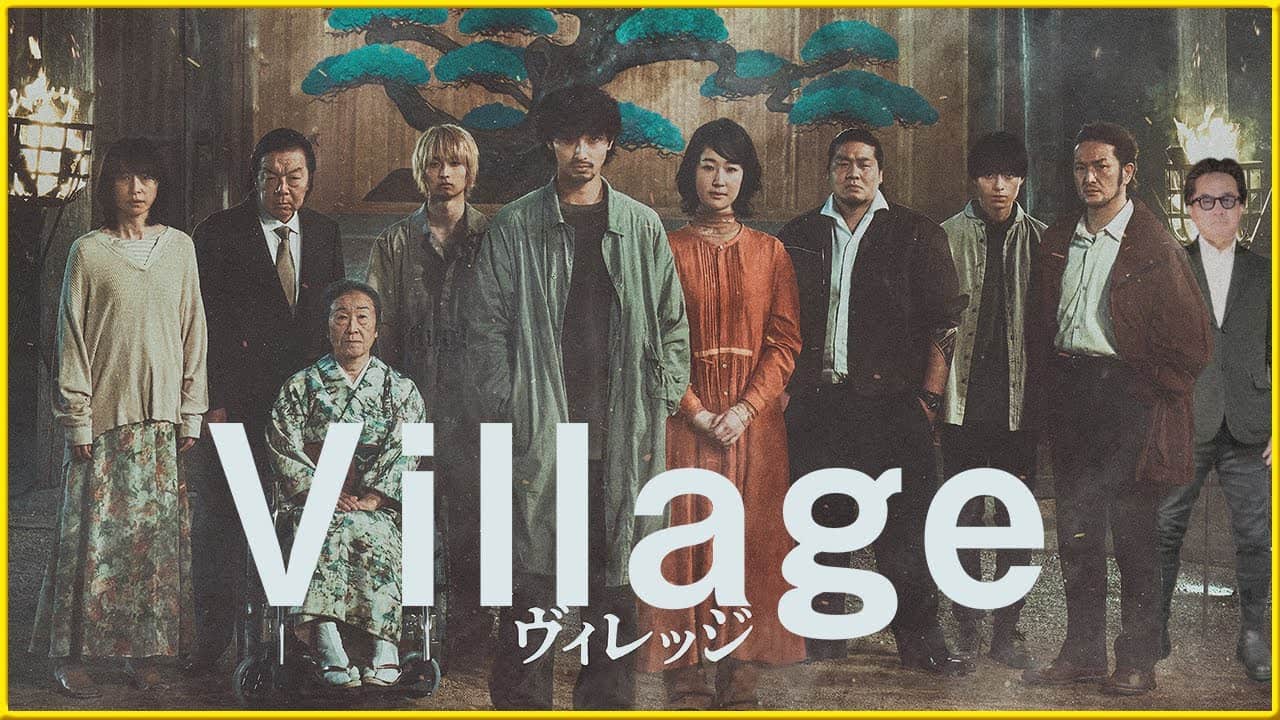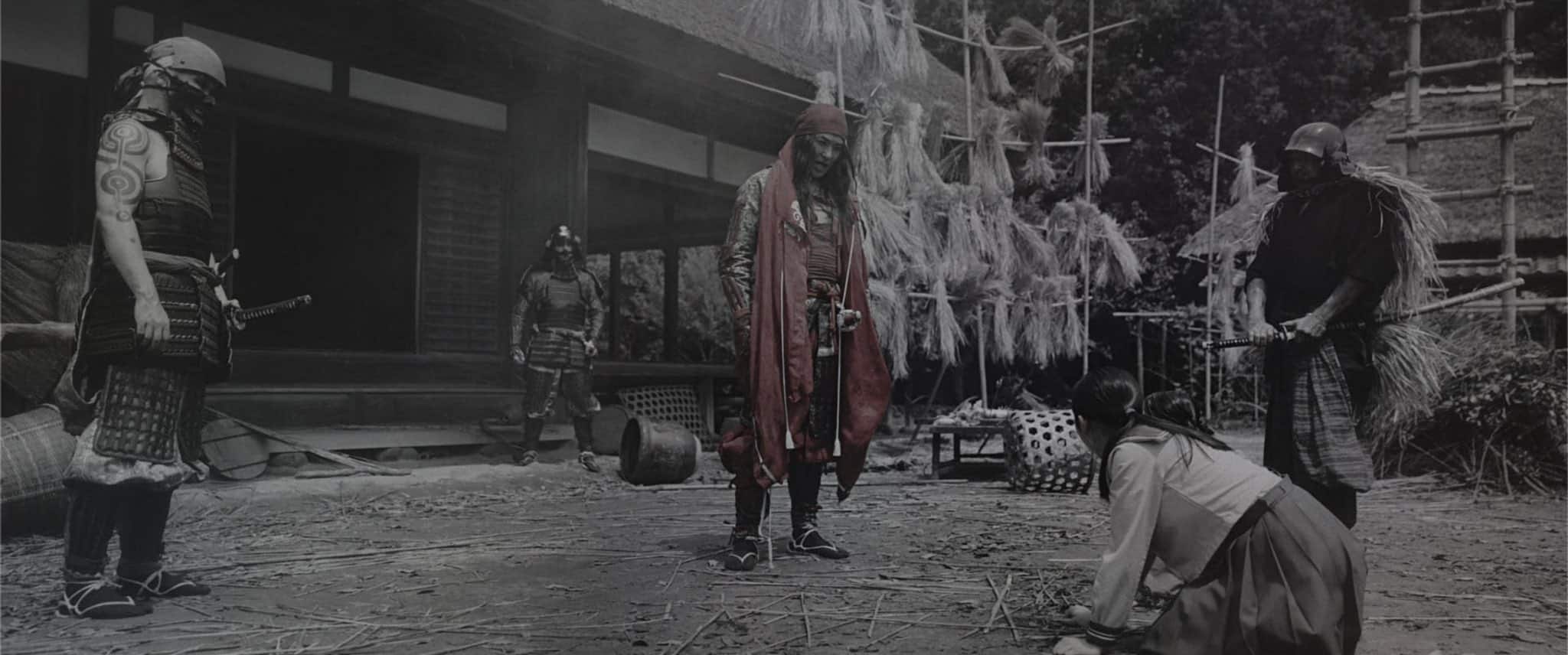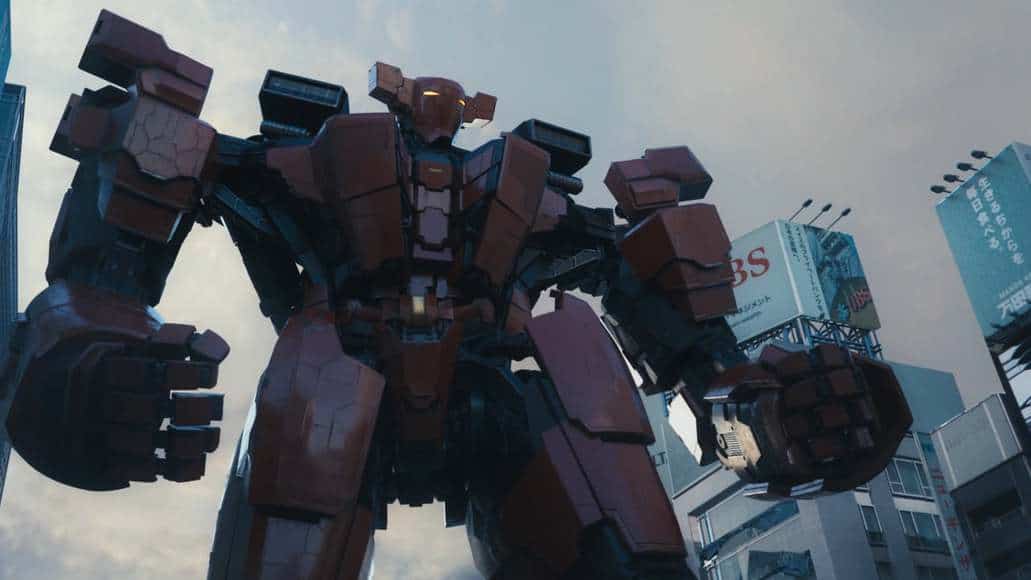Based on the Japanese novel series “Onmyoji” by Baku Yumemakura, “The Yin-Yang Master: Dream of Eternity” is another link in the long chain of fantasy blockbusters that have been coming from China in the last couple of years, which implements though, a genre mashup approach that allows it to stand out from the plethora of similar titles.
Centuries ago, an Evil Serpent demon was born from the desires of human. Four masters from four different sects gathered together to seal the snake within the Imperial City. As the years pass, Four Guardians were constructed in order to prevent the Evil Serpent from escaping and wreaking havoc on the rest of the world. Since then, four different masters would travel to the Imperial City to awaken the Four Guardians to trap the snake. With the threat of the Evil Serpent rising once more, four different masters come together once more: Hongruo, Longye, Bo Ya, and Qing Ming.
Qing Ming, the disciple of Zhongxing, is sent to the Imperial City after his master has died and proclaims him as the Yin-Yang Master. Heeding the instructions of his master, he brings along the Fangyue sword, which his master had used to slay the Evil Serpent in the past. Upon his arrival, he encounters and gets off on the wrong foot with Bo Ya. During the first night of their stay, Master Hongruo is killed in his sleep by a hair demon. The Empress orders Princess Chang Ping to investigate Hongruo's death, and instates another master He Shouyue to replace Master Hongruo. Noticing that He Shouyue bears an uncanny resemblance to Zhongxing, Qing Ming confronts him. He Shouyue reveals himself as a Spirit Guardian of Zhongxing, sent to protect the Empress, and is slowly dying as a result of Zhongxing's death.
As Qing Ming and Bo Ya form a rather delicate friendship, the role of everyone involved is entangled with more mystery, and danger seems to lurk in every corner.
Let me start with the obvious: “The Ying Yang Master” is impressive to look at. The combination of SFX with CGI is one of the best we have seen in the latest years, the coloring is exceptional, including the antithesis between the blacks and whites that dominate the characters' equally imposing costumes, the actions scenes are majestic, particularly the ones involving the snake, and the sets are a joy to look at. Furthermore, the exceptional make-up and the SFX involved in the protagonists' face also make them appear gorgeous, with the casting also helping the most in that regard, since Mark Chao, Allen Deng, Jessie Li and Duo Wang are all rather good-looking. Randy Che's cinematography captures all the aforementioned in the best fashion, intensifying the fantasy element in all its aspects, while the combination with Kenji Kawai's music (which shares many similarities with the soundtrack of “Ghost in the Shell”) results in an audiovisual extravaganza.
Regarding the narrative, the usual tendency of Chinese (formerly HK) blockbusters to be somewhat nonsensical, focusing more on the key action scenes than in the story, is here once more, but this time is toned down, at least to a point. Furthermore, the whodunit part works quite well, although the fact that the snake will appear at some point is essentially known from the beginning, as is the case with the overall atmosphere of mystery that permeates the narrative. On the other hand, the dramatic moments are not that well presented, ending up in misplaced and quite lengthy melodrama for the most part, while the movie could do without the bulk of their significant duration.
Apart from the “Ghost in the Shell” style music, the loans from other popular franchises are also quite evident. The Snake-boss is bound to remind “Naruto” fans of Orochimaru, as does the back story of Qing Ming; the actual battle shares many similarities with “Ninja Resurrection”, the central mystery seems to have loans from the South Korean “Kingdom”, while the story also includes minor elements from “Rasputin”, and the action scenes include a Mexican-standoff. Add to that some video game elements like the summon techniques (also from Naruto), and you have the backbone of this collection of “loans”. All these however, are well implemented in the movie, and actually help significantly with the entertainment it offers, particularly in the action scenes, which are, expectedly, its best aspect, along with the playful interactions between Bo Ya and Qing Ming, that highlight the chemistry of Mark Chao and Deng Lun.
“The Yin-Yang Master: Dream of Eternity” has many of the faults of the (Chinese) fantasy blockbuster, but in the end emerges as a worthy effort at genre cinema, particularly because it manages to do what it “promised” from the beginning: to entertain.


